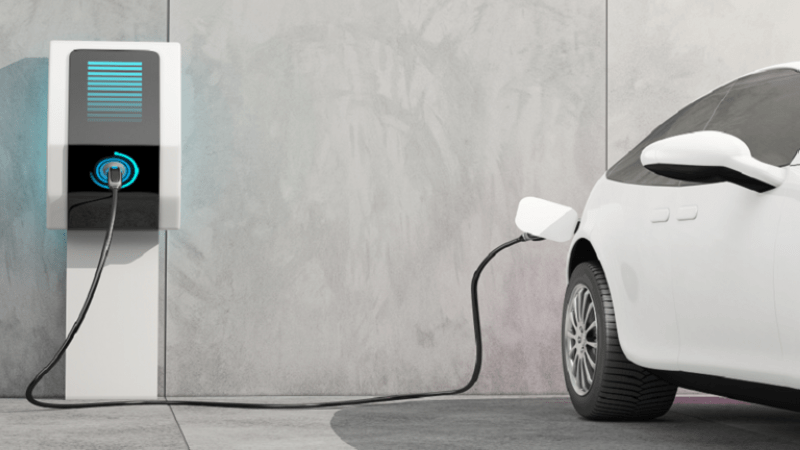A study finds that electric cars are not only good for the environment but also for your lungs. Researchers from the University of Southern California found a three percent drop in asthma-related emergency visits for every two percent jump in the number of EVs.
There was also a link between the increase in electric cars and a decrease in the prevalence of nitrogen dioxide (NO2), a harmful chemical in the environment linked to childhood asthma and other lung diseases, reports Al-Rai daily.
This is the first real-world study in America to show the health benefits of trading in a combustible, standard engine electric vehicle.
But questions remain about the feasibility of a large-scale transition to electric cars, which currently have high costs, limited range and an array of infrastructure and energy problems associated with powering them.
Even more worrisome is a report in the journal Nature indicating that because electric cars are heavier than other vehicles, they are likely to kill more occupants than other vehicles in traffic accidents.
Air pollution from regular motor vehicles can exacerbate asthma, a serious, life-threatening chronic respiratory disease that affects the quality of life of more than 23 million Americans. Airborne toxic particles in exhaust fumes irritate the airways, causing them to swell and narrow.
The USC team looked at the effects of electric vehicle use at the neighborhood level, focusing on vehicle registrations, air pollution levels, and emergency room visits related to asthma there. The team’s findings have been published in the journal Science of the Total Environment.
They relied on publicly available vehicle registration data from the California Department of Motor Vehicles and examined all registered zero-emission vehicles. These include battery electric vehicles, plug-in hybrids, and hydrogen fuel cell vehicles registered in every zip code for every year between 2013 and 2019.
They also obtained data on nitrogen dioxide (NO2) air pollution from the US Environmental Protection Agency and emergency room visits related to asthma at the zip code level. The decrease in nitrogen dioxide was modest, albeit significant, with a change of (-0.41) parts per billion in the annual mean.
Dr Erika Garcia, a public health expert at the University of Southern California and lead author of the study, said: “When we think about actions related to climate change, it is often on a global level. But the idea that changes made at the local level can improve the health of your community can be a powerful message to the public and policymakers.”
“If continued research supports our findings, we want to make sure that communities burdened with traffic-related air pollution really benefit from climate mitigation efforts,” Garcia said.

